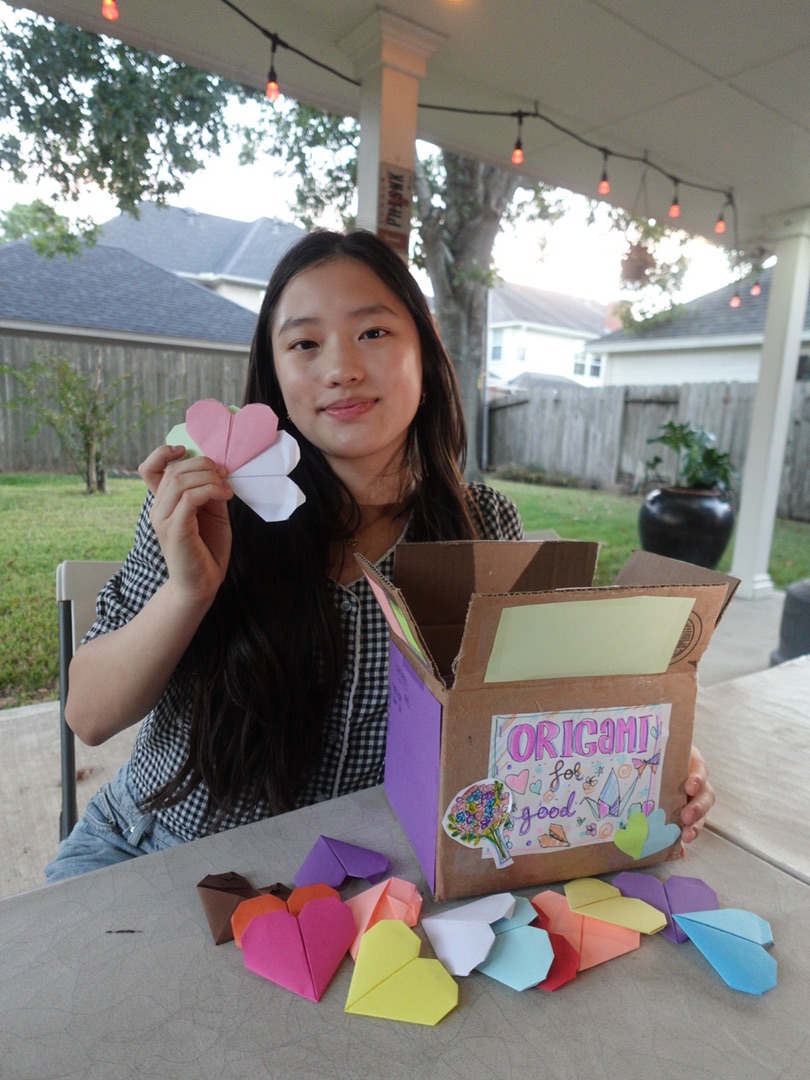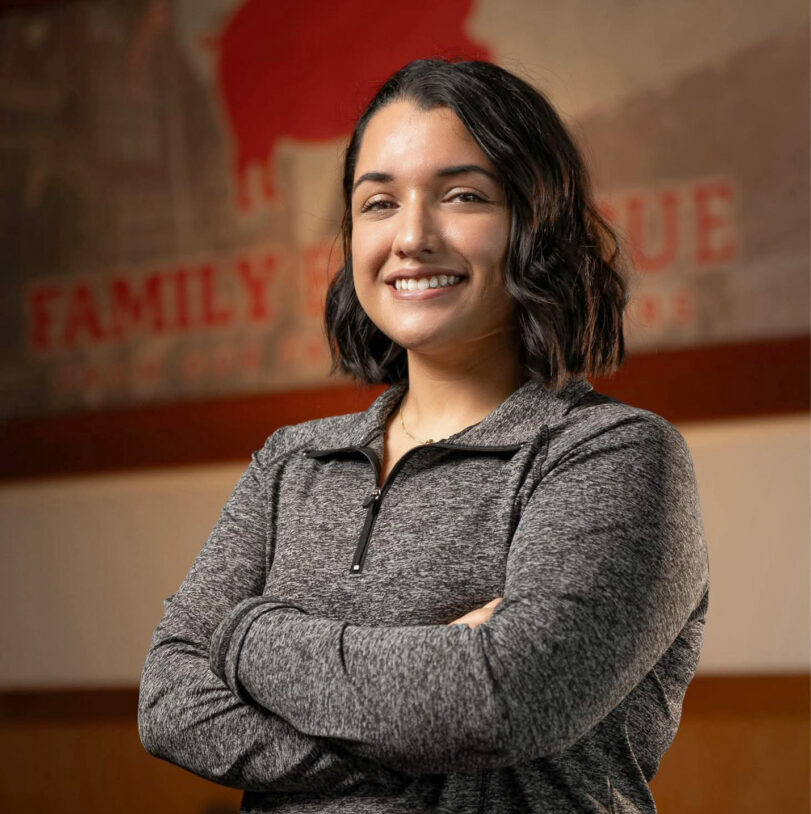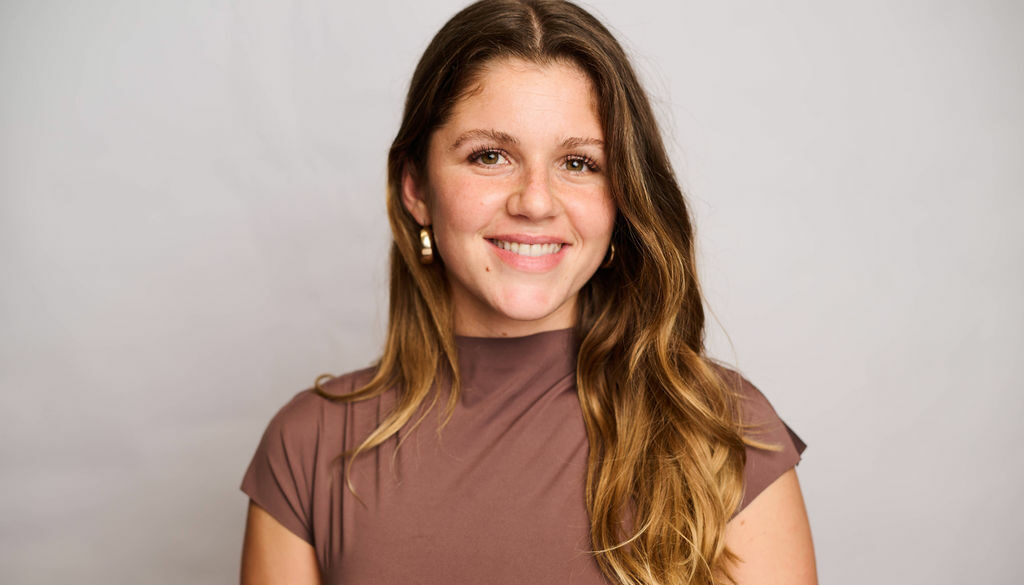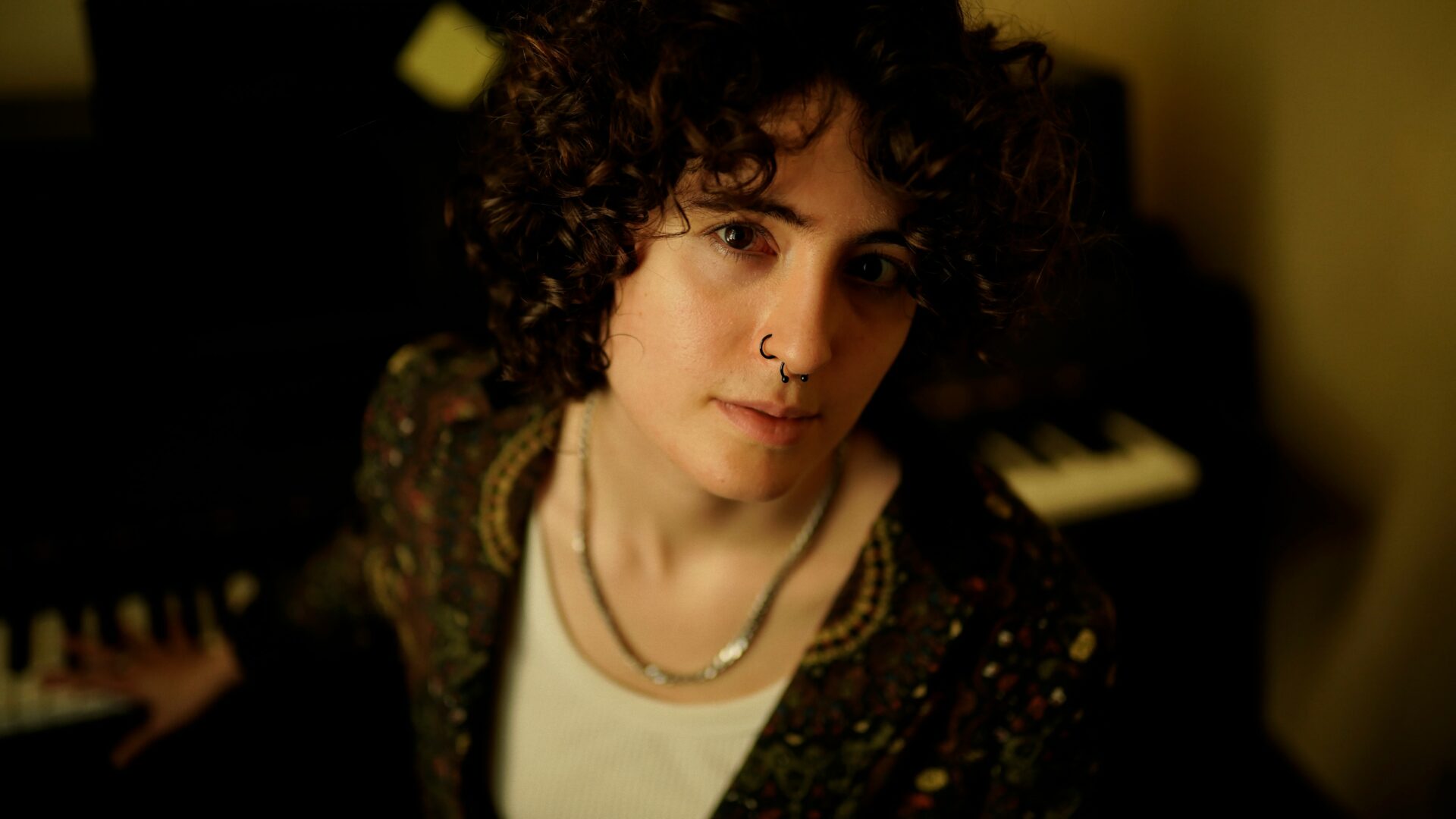We were lucky to catch up with Vivian Liu recently and have shared our conversation below.
Vivian, so good to have you with us today. We’ve always been impressed with folks who have a very clear sense of purpose and so maybe we can jump right in and talk about how you found your purpose?
I never set out to create a global movement—I just wanted to bring a bit of joy into people’s lives. I had learned origami from my grandmother when I was growing up, and I was struck by the fact that folding paper, which is so simple, could create something so lovely. That love of origami stuck with me, but I wasn’t aware of its full potential until I started my nonprofit organization, Origami For Good, with my friend Thyra Foronda. It began as a modest endeavor to bring origami presents to hospitals and nursing facilities, yet the more individuals got involved, the more it grew in ways I never might have imagined. We now have 170+ chapters, 27,000+ followers, and 4.3 million impressions, and I’ve had a front-row seat to see the ways that creativity can be a powerful force for connection, mental health, and community service.
Along the way, I learned that my purpose isn’t origami itself—it’s pursuing curiosity, getting joy from the simple things, and encouraging others to attempt new pursuits. That is why I gave a TEDx Talk on being a “renaissance individual”, a person who gets joy from a variety of experiences rather than limiting oneself to one trajectory. I was also a guest on FOX TV’s ‘Chattin’ with Chelsea’ and The Scholar Budget Podcast, where I discussed what I have learned about leadership and personal growth. Being recognized by the City of Houston, Houston Chronicle, and Katy Times was incredible, but what truly gets me going is seeing the impact grow.
I used to think that purpose was something you had to search for, some perfect passion just waiting to be dug up. But I’ve realized that purpose isn’t found—it’s created. It’s a product of trying new things, of curiosity, and of finding delight in the unplanned. I didn’t know what I wanted to do at first, but by doing what I was interested in, learning from each experience, and staying open to new opportunities, I found something that felt meaningful. And I truly believe anyone can do the exact same thing.
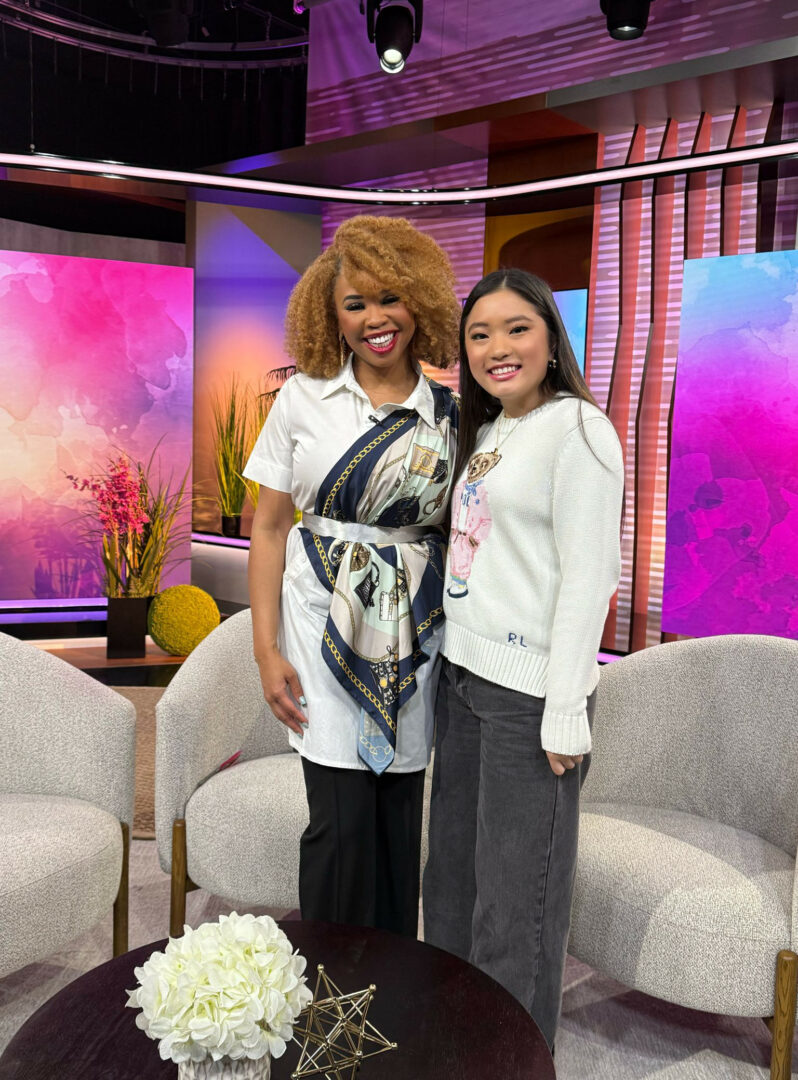
Appreciate the insights and wisdom. Before we dig deeper and ask you about the skills that matter and more, maybe you can tell our readers about yourself?
I’m the co-founder of Origami For Good, a nonprofit that started as a small passion project and grew into an international movement. Our goal is simple: spread joy and improve mental health through creativity. What began as just me and a few friends folding paper turned into a worldwide community, with volunteers using origami to uplift hospitals, nursing homes, and schools. We even award the President’s Volunteer Service Award (PVSA) to recognize young change-makers who are making a difference.
Outside of Origami For Good, I enjoy STEM, leadership, and public speaking. I also compete in FBLA (Future Business Leaders of America), where students compete in business, finance, computer science, etc. I even won 1st place in Texas, which was a big thing for me—during no point did I ever think that I would go that far, but I worked hard and had so much fun competing.
I also had the chance to intern as a Fluids Research Intern at Premier Corex, working with Dr. Maggie Benge on geomechanics and petrophysics research. I spent hours in the lab comparing core samples brought up deep from underground, studying how fluids move through rock layers, and helping with models that engineers utilize in the energy industry. It was grimy work, tough work, and made me appreciate how science works in the real world in a whole new way.
Public speaking has also been a big part of my life. I have given a TEDx Talk on finding happiness in little things and embracing an even life. Most people think you should do just one thing in life to be successful, but I never thought on those lines. Trying new things, finding new interests, and embracing unexpected opportunities can make life so much richer. That message resonated with a great number of people’s hearts, and it prompted me to appear on FOX TV’s ‘Chattin’ with Chelsea’ and The Scholar Budget Podcast, where I shared more about leadership and personal development.
Origami For Good has been expanding worldwide in recent times, with the addition of new chapters in Asia, the Middle East, and the globe. We’ve also collaborated with businesses like Krispy Kreme and Panda Express for fundraising, and that has enabled us to expand our reach. Being featured by Houston Chronicle, Katy Times, and recognized by the City of Houston has been surreal, but what I love most is seeing other students step up into leadership. It makes me remember that everyone can leave their mark, no matter how small their idea seems at first.
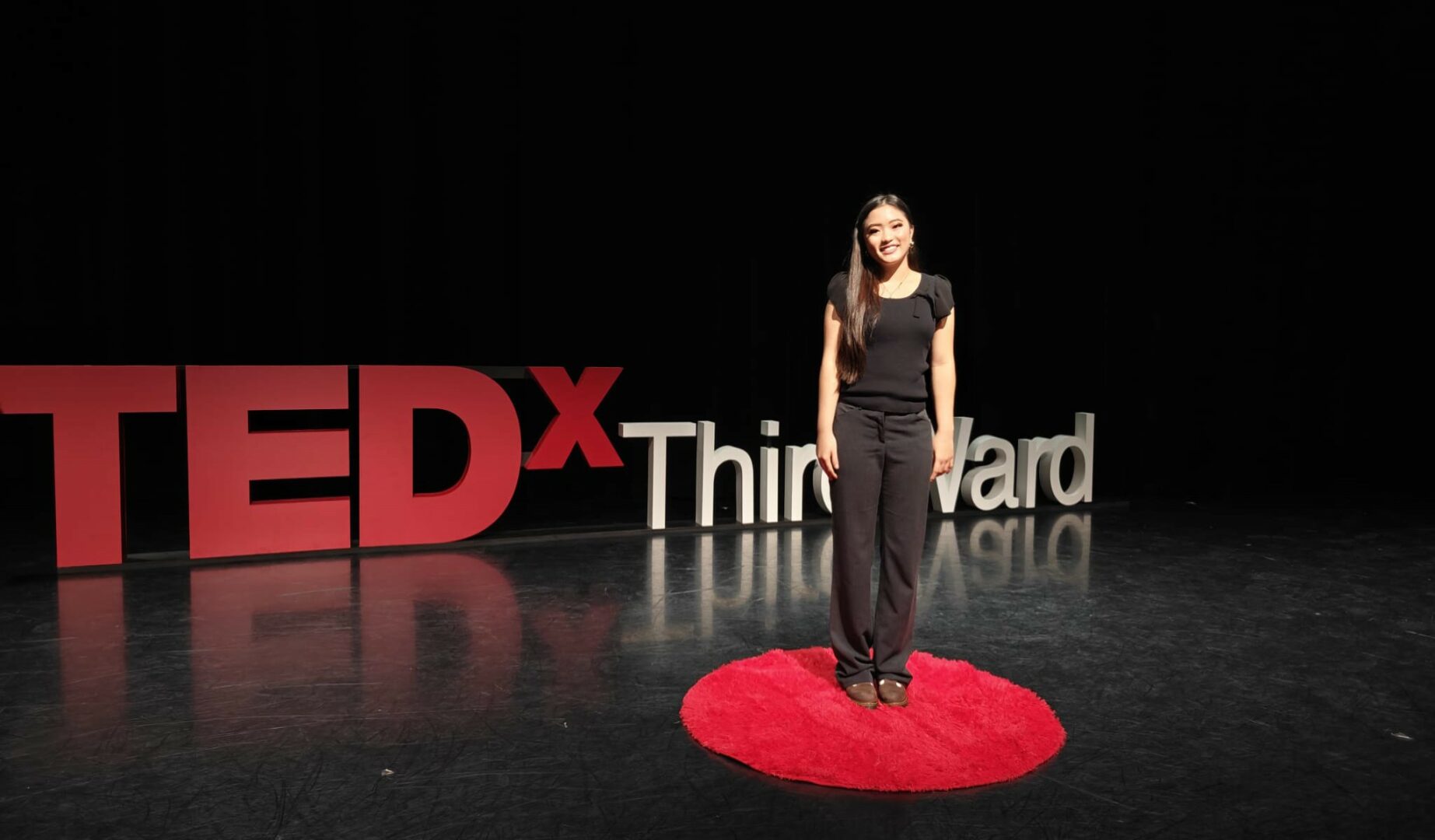
If you had to pick three qualities that are most important to develop, which three would you say matter most?
In retrospect, there are three things that have worked most for me: curiosity, persistence, and adaptability—not just nice-sounding traits, but things I actually had to rely on in real situations.
Curiosity is what first led me into all that I do. I didn’t intend to operate an international nonprofit or do research—I just followed what interested me. I liked origami, so I kept folding. I was intrigued by fluid mechanics, so I accepted an internship without knowing exactly what to expect. That interest led me working with real data and lab equipment in ways I never dreamed possible. Tip: Don’t overthink whether something is “worth it” or just how it will ultimately fit into your future plans. If you’re interested in it, give it a try but don’t be afraid to then reassess what else you may want or need. You never know where it will lead.
Determination has been what’s pushed things forward. None of the things that I’ve done—whether it was creating Origami For Good, competing in FBLA, or researching—came easy at first. There were plenty of times when things didn’t go as I’d hoped, but I didn’t give up. I didn’t win FBLA state by just showing up; I spent hours refining my work, failing sometimes, and determining what it would take to actually improve. Tip: No one has it easy. What it is that differentiates the people who succeed from those who do not is that some individuals just keep going when things get tough.
Being adaptable has also been important. Things never turn out as you envisioned, and being able to go with it is what makes the difference. When I was giving my TEDx Talk, I knew the audience responded more when I leaned into stories, so I improvised in the moment. Being able to be flexible in that way made the talk far superior to if I had rigidly stuck to the script. Similarly, being elected as one of five Class Representatives out of 832 students has taught me that leadership isn’t just about broad decisions—it’s about listening to individual concerns and making meaningful changes for specific students. Whether it’s representing student voices or adjusting in real time while speaking, I’ve learned that plans are wonderful, but being able to read the moment and adapt is what actually makes it work.
If I’ve learned anything, it’s that you don’t have to know everything right off the bat. Just stay curious, keep moving when it gets tough, and stay flexible—everything else will fall into place over time.
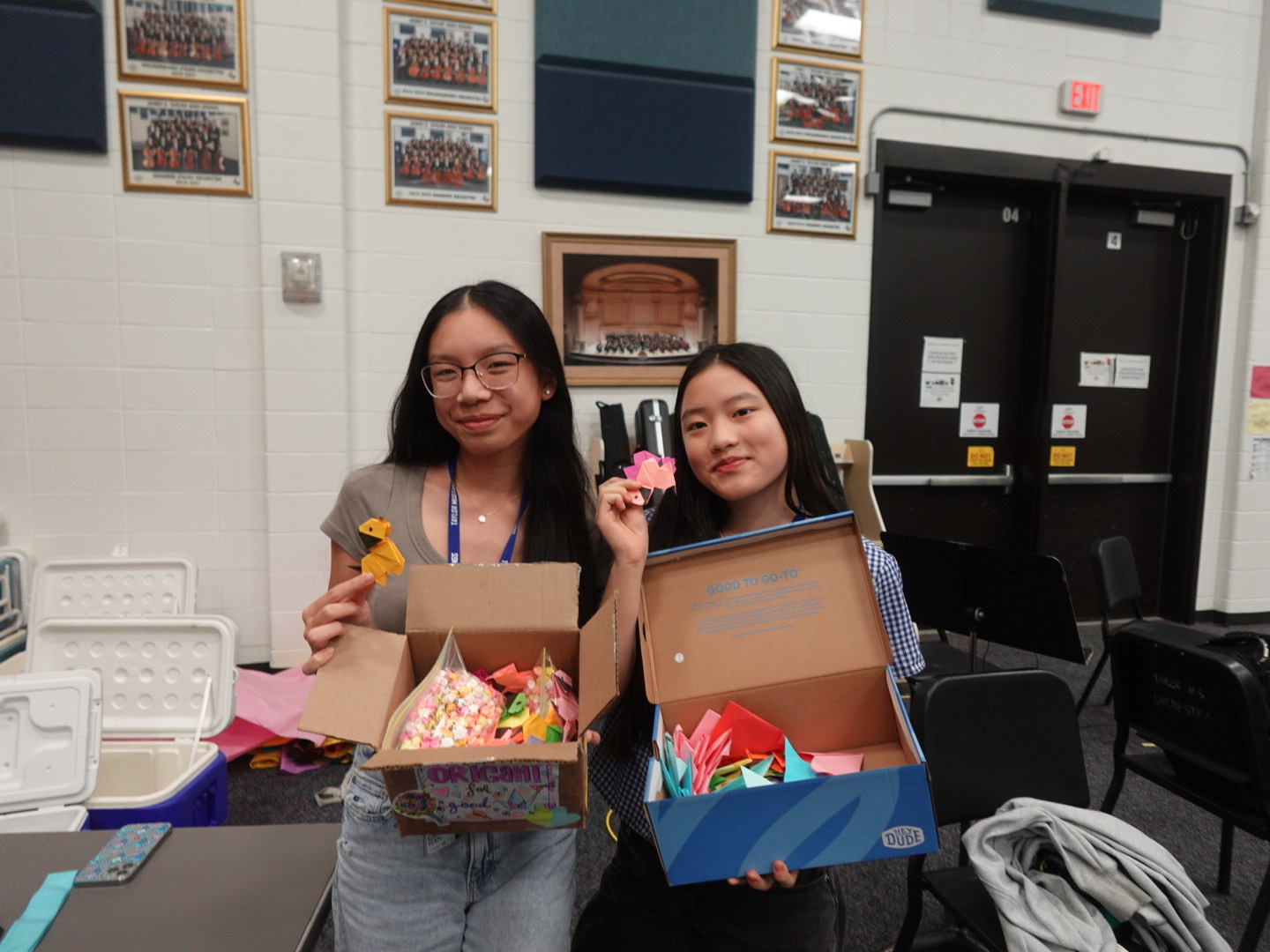
Thanks so much for sharing all these insights with us today. Before we go, is there a book that’s played in important role in your development?
One of the books that has truly impacted me is “Educated” by Tara Westover. It’s a memoir that makes you truly realize the sheer privilege of being educated and the extremes some people have to go to in order to get it. Westover’s story of growing up in a survivalist family, with no formal education and little contact with the outside world, is both inspiring and chilling. Her journey—from learning sufficient math and grammar to be accepted into college, to eventually earning a PhD from Cambridge—is a testament to the power of determination, self-study, and grit.
The most compelling lesson of the book is that education is not just intellectual—it’s about being capable of thinking for yourself. Westover’s fight was not so much a fight to learn about science and history, but one to break free from the worldview she was raised under and form her own sense of identity. It made me realize how easy it is to take education for granted, especially when knowledge is something so many people in the world still struggle to obtain.
One of the most empowered lessons is that learning isn’t just memorizing facts—learning is questioning, discovery, and constant transformation. My own reading of Westover showed me that learning is not confined within a schoolroom, and to a large degree, the most life-changing lessons come from pushing yourself outside of your comfort zone.
Educated made me remember that learning capacity is a privilege, but learning hunger? That is a decision. And I intend to keep making that decision for the remainder of my existence.
Contact Info:
- Website: https://origamiforgood.org
- Instagram: @origami.forgood and @vivianhliu
- Linkedin: https://www.linkedin.com/in/vivianhliu/
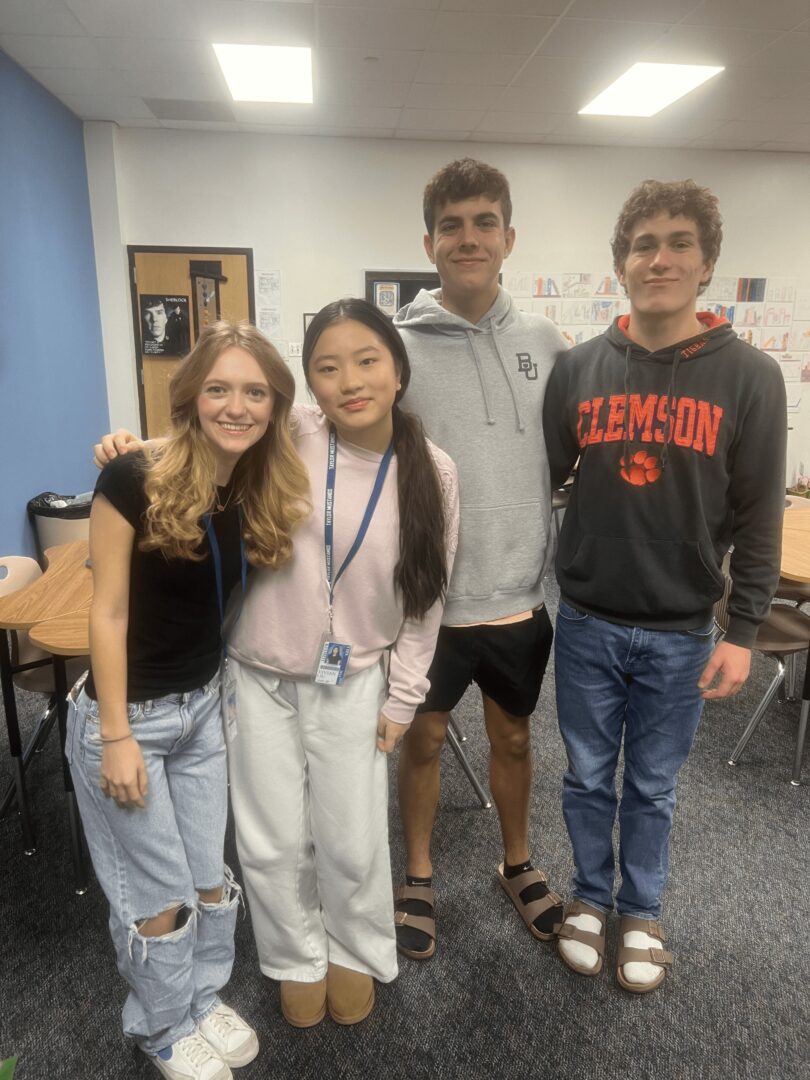
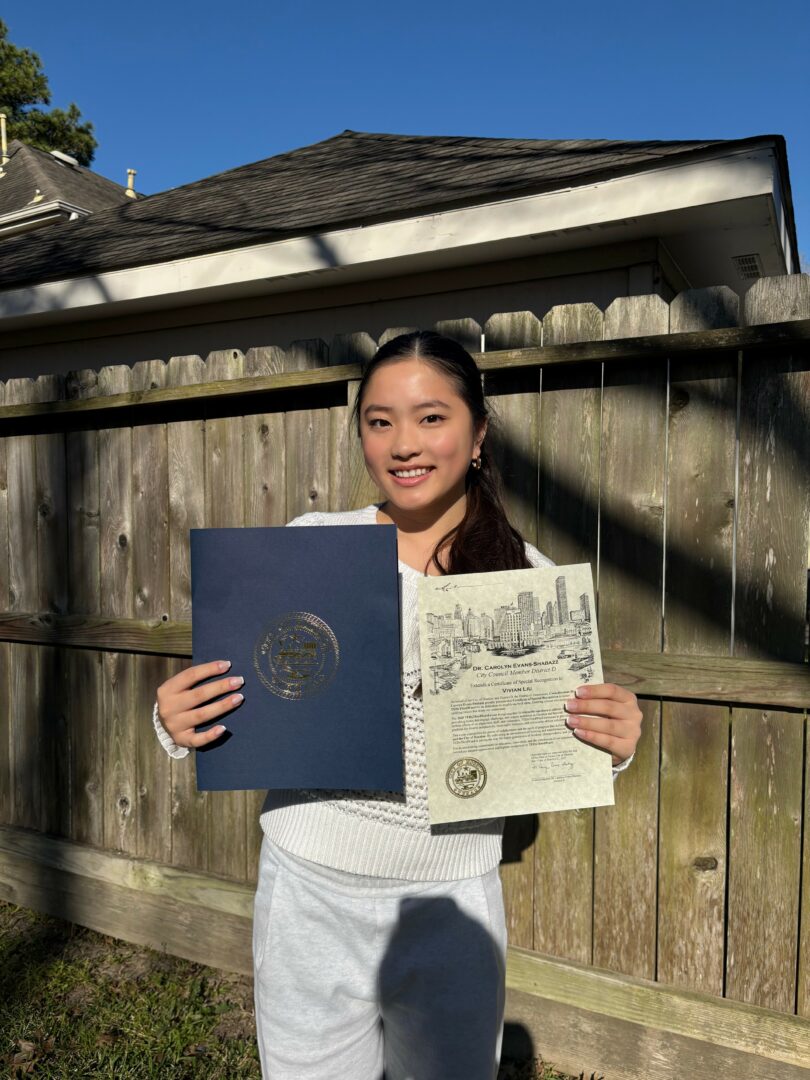
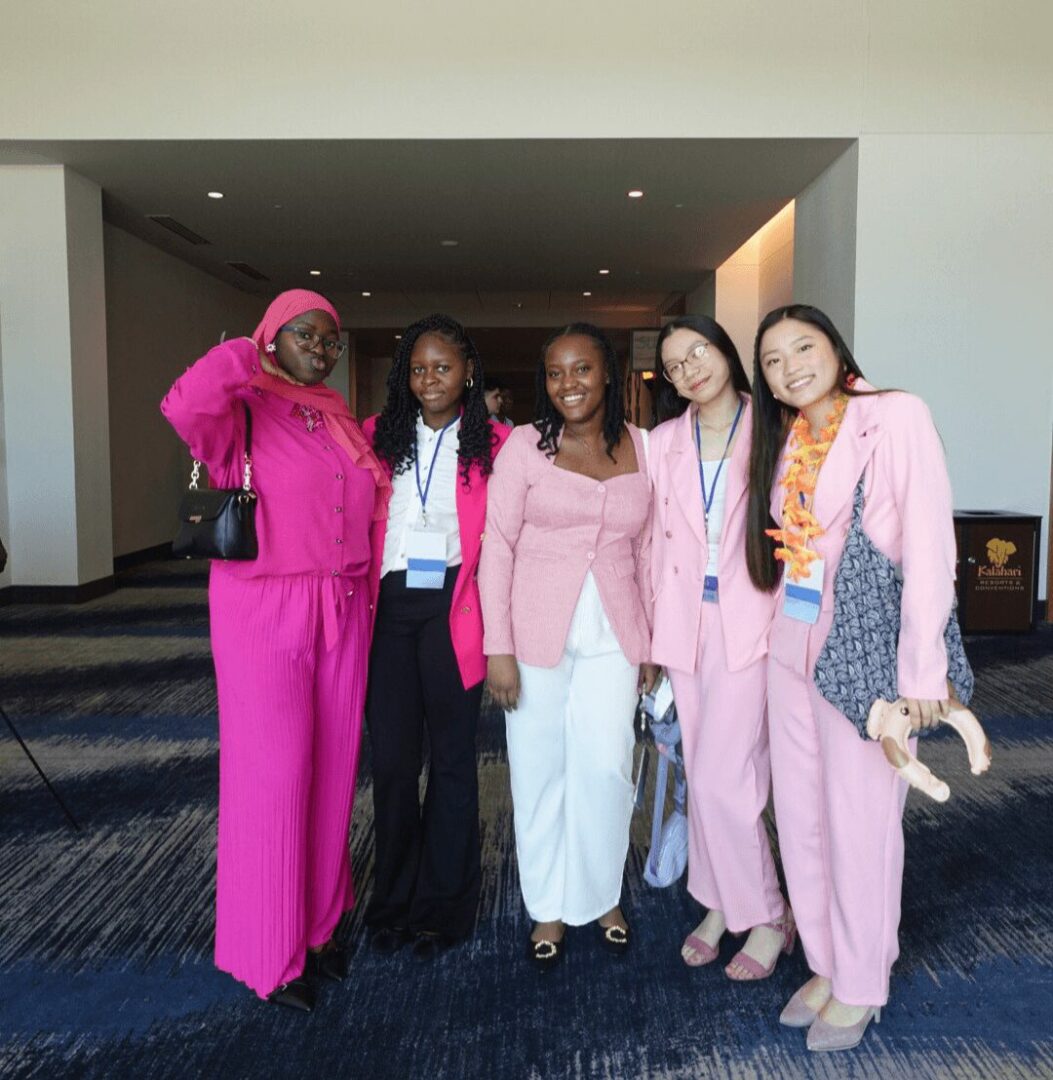
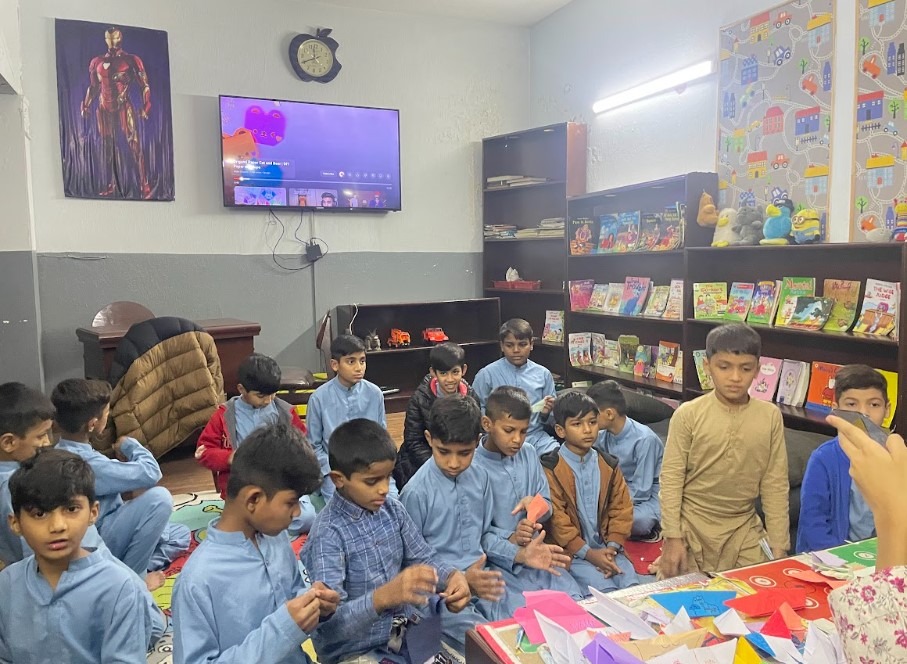
so if you or someone you know deserves recognition please let us know here.

